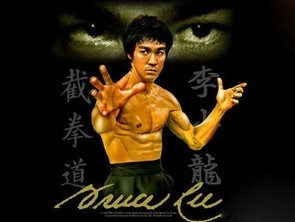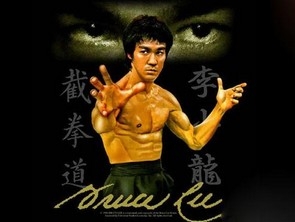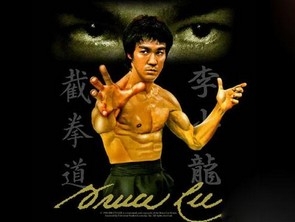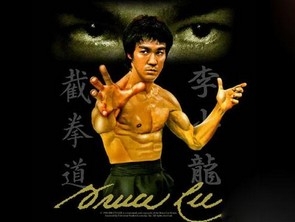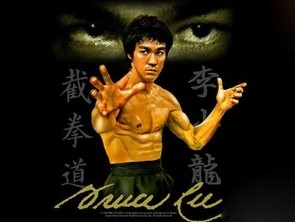It was a suggestion out of the blue, and Amelio pushed back. “What do you mean, kill it?” he said. “Steve, do you have any idea how expensive that would be?”
这是个毫无来由的建议,阿梅里奥难以接受。“什么意思,砍掉?”他说,“史蒂夫,你有没有概念,那得要花多少钱?”
“Shut it down, write it off, get rid of it,” said Jobs. “It doesn’t matter what it costs. People will cheer you if you got rid of it.”
“停产,核销,处理掉。”乔布斯说。“花多少钱不重要,如果你把它处理掉,人们会为你喝彩。”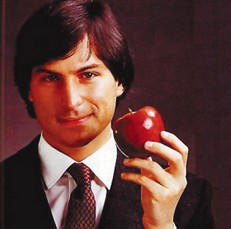
“I’ve looked into Newton and it’s going to be a moneymaker,” Amelio declared. “I don’t support getting rid of it.” By May, however, he announced plans to spin off the Newton division, the beginning of its yearlong stutter-step march to the grave.
“我仔细研究了牛顿,它是能赚钱的。”阿梅里奥说,“我不支持把它处理掉。”然而,到5月份,他宣布了分拆牛顿部门的计划。之后经过长达一年磕磕绊绊的跋涉,它的生命走向终结。
Tevanian and Rubinstein would come by Jobs’s house to keep him informed, and soon much of Silicon Valley knew that Jobs was quietly wresting power from Amelio. It was not so much a Machiavellian power play as it was Jobs being Jobs. Wanting control was ingrained in his nature. Louise Kehoe, the Financial Times reporter who had foreseen this when she questioned Jobs and Amelio at the December announcement, was the first with the story. “Mr. Jobs has become the power behind the throne,” she reported at the end of February. “He is said to be directing decisions on which parts of Apple’s operations should be cut. Mr. Jobs has urged a number of former Apple colleagues to return to the company, hinting strongly that he plans to take charge, they said. According to one of Mr. Jobs’ confidantes, he has decided that Mr. Amelio and his appointees are unlikely to succeed in reviving Apple, and he is intent upon replacing them to ensure the survival of ‘his company.’”
泰瓦尼安和鲁宾斯坦会到乔布斯家里向他汇报公司的情况,很快,硅谷的大部分人都知道乔布斯在暗中削弱阿梅里奥的权力。这倒并不是场处心积虑的杈谋之战,只是乔布斯的自然之举。控制欲是他骨子里的本性。路易丝·基欧,就是阿梅里奥在12月宣布乔布斯回归时便有此预见、向乔布斯提问的那位《金融时报》记者,率先就此做了文章。“乔布斯先生已经开始垂帘听政,”她在2月底如是报道,“据说他正在指导苹果决定哪些业务应该砍掉。他们说,乔布斯先生已经催促一些前苹果员工回到公司,并强烈暗示说他计划掌管大局。根据乔布斯先生的一位关系密切人士所说,他已经认定阿梅里奥先生和他任命的人无法让苹果重现辉煌。他打算把他们替换掉,以确保‘他的公司’得以生存。”
That month Amelio had to face the annual stockholders meeting and explain why the results for the final quarter of 1996 showed a 30% plummet in sales from the year before. Shareholders lined up at the microphones to vent their anger. Amelio was clueless about how poorly he handled the meeting. “The presentation was regarded as one of the best I had ever given,” he later wrote. But Ed Woolard, the former CEO of DuPont who was now the chair of the Apple board (Markkula had been demoted to vice chair), was appalled. “This is a disaster,” his wife whispered to him in the midst of the session. Woolard agreed. “Gil came dressed real cool, but he looked and sounded silly,” he recalled. “He couldn’t answer the questions, didn’t know what he was talking about, and didn’t inspire any confidence.”
当月,阿梅里奥必须面对一年一度的股东大会,并解释为什么1996财年最后一个季度的销售量比上年同期暴跌了30%。股东们在麦克风前排着队发泄他们的愤怒。阿梅里奥完全不知道自己把会议开得多么糟糕。“这是我做过的最好的一次演讲。”他后来得意扬扬地说。然而苹果董事会主席、杜邦公司(DuPont)前CEO埃德·伍拉德(EdWoolard,马库拉当时已降职为副主席)却听得大惊失色。“这真是场灾难。”他妻子听到一半时在他耳边说。伍拉德也这么认为。“吉尔穿得很酷,可他无论看起来还是听起来都很愚蠢。”他回忆说,“他无法回答问题,不知道他自己在说什么,也没有鼓舞起大家的信心。”




